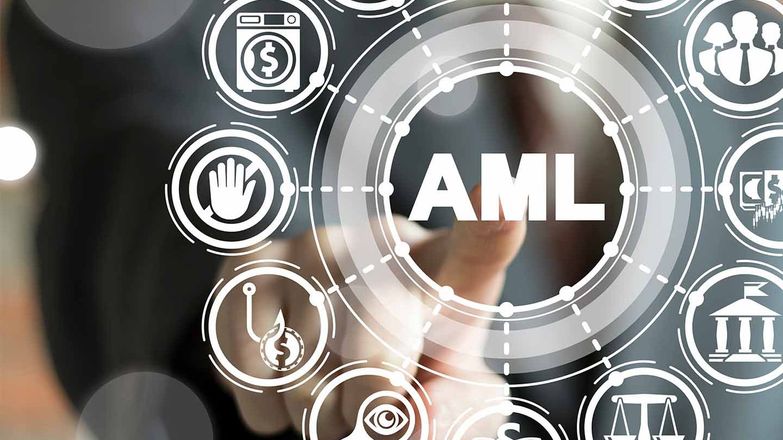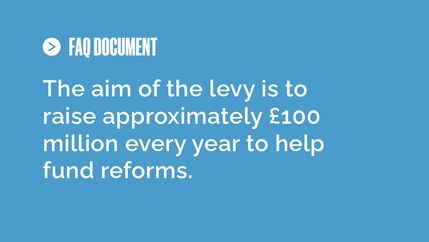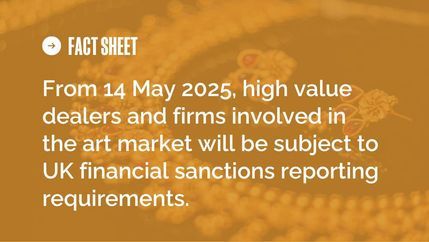
The increased contributions will apply to property agencies and other businesses which are regulated for anti-money laundering (AML) under the Money Laundering, Terrorist Financing and Transfer of Funds Regulation 2017 whose UK revenue is over £1 billion. It is not expected that the levy fees will be passed onto consumers.
The main sectors that are expected to be impacted are:
- credit institutions
- financial institutions
- auditors, insolvency practitioners, external accountants, and tax advisers
- independent legal professionals
- trust or company service providers
- estate agents and letting agents
- high-value dealers, casinos, auction platforms and art market participants
- crypto-asset exchange providers and custodian wallet providers
- any other entity which is regulated for AML purposes due to the nature of its business (or any part of its business)
The charge will rise from £250,000 to £500,000 with effect from April 2024. As is currently the case, payments for 2024 to 2025 will be due in the following financial year.
There will be no change to the charge for small entities (which remain exempt), medium entities (which will continue to pay £10,000), or large entities (which will continue to pay £36,000). The size bands will also remain unchanged.
HM Revenue and Customs (HMRC) states that by only increasing the rate paid by ‘very large’ entities, the UK Government is ensuring that levy rates remain below 0.1% of revenue for all entities (and below 0.05% of revenue for ‘very large’ entities).
FAQs: Economic Crime Levy (UK)
The levy was announced at Budget 2020 and the Economic Crime (Anti-Money Laundering) Levy Regulations 2022 were published on 11 March 2022. The Regulations came into force on 1 April 2022.






